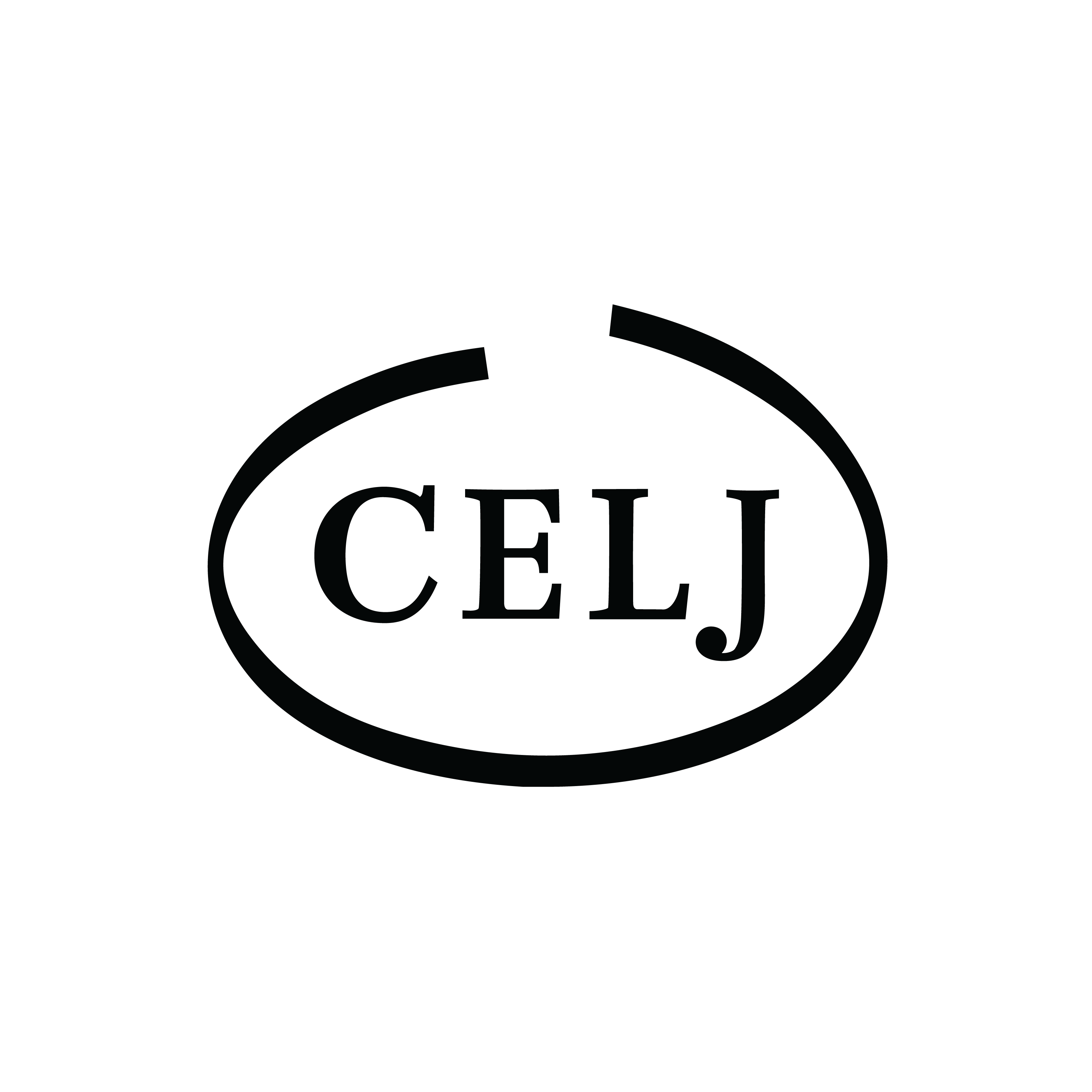Special Issues
Submissions
Calls for Webtexts: Special Issue
Spring 2013: Multimodal Research Within/Across/Without Borders
Guest Editor: Karen J. Lunsford (multimodal @ writing.ucsb.edu), University of California-Santa Barbara, USA
This special issue of Kairos seeks to represent a range of approaches to multimodal research from various geographic regions, disciplines, and languages.
Where does research on multimodality enforce, substantiate, or create borders -- and where might it eliminate (or eliminate the need for) these same borders? What do distinct (regional, disciplinary, lingual) perspectives offer to the study of multimodality? What common ground might be found among these perspectives? What new borders have been created? These questions reflect a current international movement to connect scholars interested in writing and other semiotic practices. In the last decade, four handbooks of research (Bazerman, 2007; Coiro, et al., 2009; MacArthur, et al., 2008; Smagorinsky, 2005) have been published, and there have been numerous, successful international conferences (SIGET, WRAB, EARLI, EATAW, among others). However, although research on multimodality has been explored at these events, more work needs to be done to link the many definitions of and perspectives on multimodality that have developed. We envision a special issue that illustrates -- and reflects on -- how multimodality has been studied around the world.
We seek submissions for two sections of the journal:
Topoi: Extended scholarly analyses related to the special issue theme.
Praxis: Scholarly investigations into how the special issue theme is taught in the undergraduate or graduate classroom. Queries are welcome. Examples of possible topics of investigation include, but are not limited to:
* Webtexts that illustrate a distinctive approach to research on multimodality -- and analyze how that approach speaks to other research traditions.
* Studies on multimodality that are conducted by partners located in different nations / regions / disciplines / languages.
* Studies on multimodality that compare different research sites (schools, workplaces, political/social sites, communities, etc.)
* Examinations of how the definition of multimodality has evolved within (across? without?) a specific region(s) / research tradition(s).
* Examinations of how multimodality is positioned within different contexts and/or cultures. What issues arise out of this positioning that are important for researchers (and/or teachers) to consider? (e.g., How might these issues affect educational policies?)
* Research on how multimodality supports, works with, and/or challenges multi-linguality (e.g., What happens when multiple modes and multiple languages intersect?).
* Research on how knowledge is represented in multiple modes for use within and across communities (e.g., How do the multiple modes support, supplement, interact with, challenge, or repeat the knowledge in different formats? How does multimodality support the dispersion of knowledge?)
* Research on how multimodality may be used to exclude, and to keep knowledge and communication within disciplinary, national, or other borders. Alternatively, research on how multimodality may be used to include, and to disperse knowledge and communication beyond disciplinary, national, or other borders.
* Examinations of creative, promising, or problematic tensions (or
areas of convergence) that are emerging around issues connected to
multimodality and research.
General Guidelines consult the general submission guidelines at http://kairos.technorhetoric.net/cfht.html
Submission Deadline (Proposals): November 1, 2011
Contact the guest editor with a proposal via email. (Subject line: "Multimodal submission: YOUR-NAME".) The proposal should include a 1-2 paragraph explanation of the webtext's topic and argument; a 1-2 paragraph description of the webtext's structure, design, and associated technologies (including a URL and/or images, if authors wish); and a brief annotated bibliography. Authors will receive confirmation of submission, via email, within 2-3 days.
Publication Timeline:
Proposals due: November 1, 2011
Acceptance notification: December 1, 2011
Full webtexts due: March 1, 2012
Revised webtexts due: September 15, 2012
Publication date: May 15, 2013

